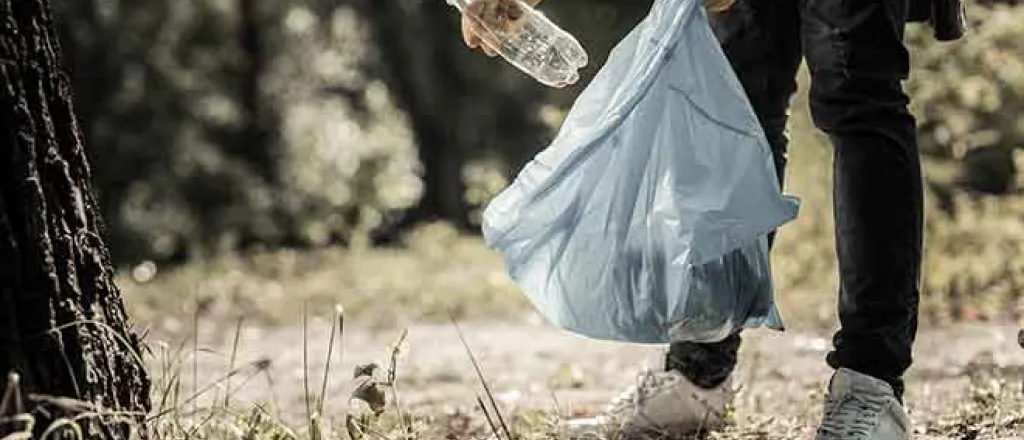
Biodegradable plastics more marketing than environmentally friendly
Click play to listen to this article.
(West Virginia News Service) As West Virginia opens its door to the plastics recycling or "advanced recycling" industry, a recent report found only a fraction of plastics are recycled and plastics labeled as biodegradable in reality can take years to degrade.
One study found biodegradable plastic bags were still fully intact after three years of being buried in the soil. There are currently no federal standards regulating bioplastics, or products claiming to be biodegradable or compostable.
© iStock - Rawpixel
Judith Enck, president of the group Beyond Plastics, said the plastic recycling plants being built in Appalachia increase exposure to microplastics and pose health risks for neighboring communities.
"Chemical recycling just takes plastics heated at a really high temperature to make small amounts of fossil fuels, or uses vast amount of toxic chemicals to try to break down old plastic and make it new plastic," Enck explained. "(It is) the last thing we need."
Plastic production is forecast to increase by 70 percent over the next 20 years, with roughly half designed for single-use products, according to the report.
Enck argued without significant reduction in plastic packaging, consumers will continue to ingest chemicals like PFAS, lead, mercury, vinyl chloride and other chemicals found in food and beverage packing.
"We're particularly concerned by a chemical called polylactic acid, PLA," Enck noted. "That is typically made from corn or sugar crops, and they also contain toxic chemicals."
Microplastics and nanoplastics are produced when plastic products break down into tiny fragments, which end up in soil and waterways.
Enck pointed out plastic particles have been found in honey, beer, salt, tea bags, fruit, vegetables, seafood and meat. Microplastics have been found in human blood, organs, brains, breast milk and in newborn babies. Research has linked microplastics exposure to heart attacks, stroke, and diseases related to hormone disruption.














